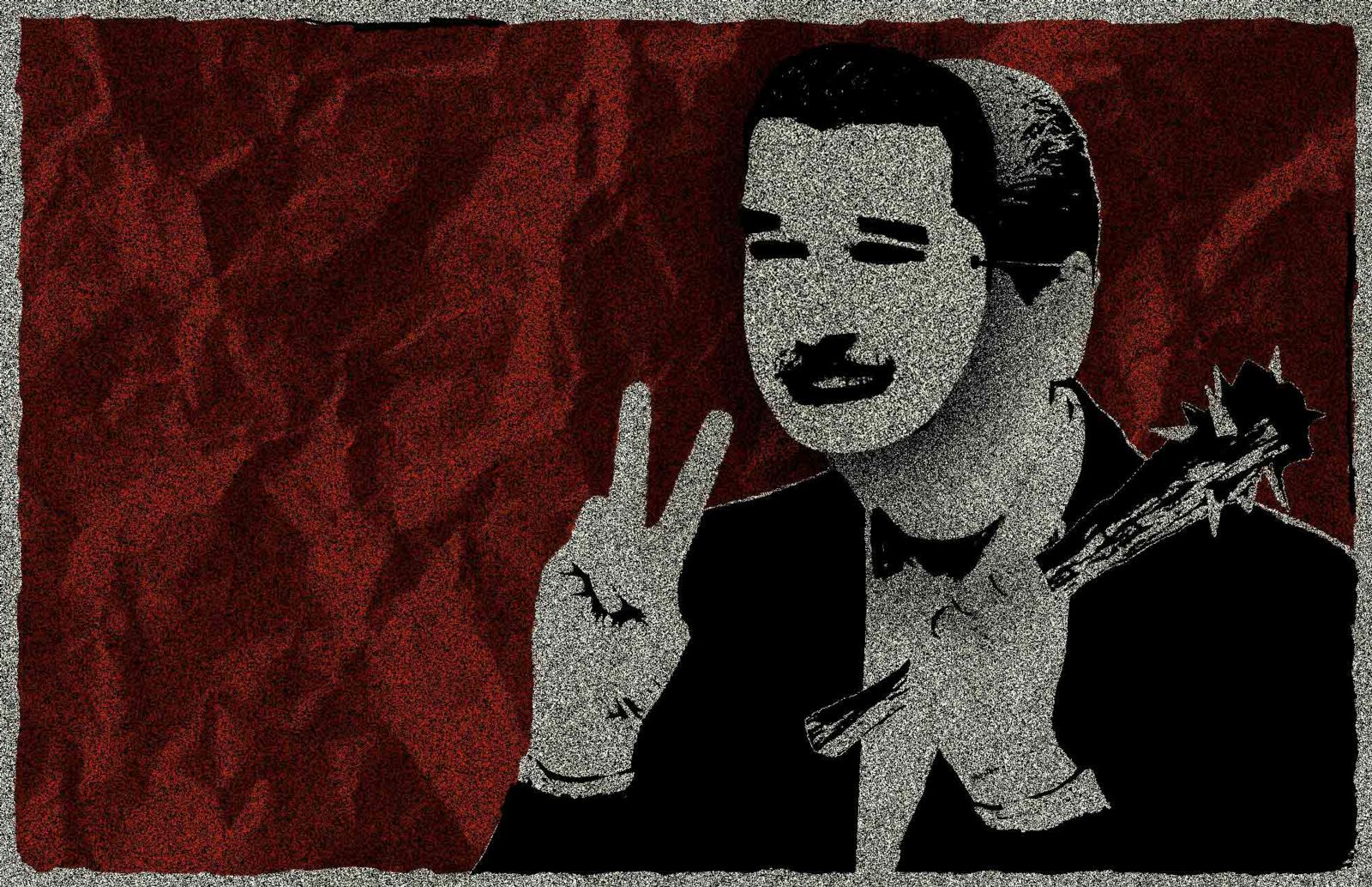Miguel is 60 years old and retired from the Caracas Metro, where he worked for 30 years. In 1987, four years after the inauguration of this mass transit system, its bus network, Metrobús, began to operate. A young leftist activist named Nicolás Maduro would do union work there. Miguel drove a Metrobús for three decades, and although he did not know Maduro personally, in 1998, he voted for Hugo Chavez for the first time. In the following elections, Chavez’s direct statements—for example, “being rich is bad”—motivated Miguel and the rest of his family to repeat that selection.
However, by 2017, that enthusiasm had turned into disappointment. In the absence of opportunities, his only daughter—the center of his world— decided to leave the country with her husband and son as a forced migrant. And as if that separation were not enough, after a new devaluation of the bolivar, the local currency, his retirement for all his years of service added up to $60. While his colleagues quietly criticized the privileges of the company’s managers, calling them “boliburgueses,” Miguel abandoned his dreams of taking a trip with his wife and setting up his own business. From then on, he started to develop a silent resentment.
Grassroots rebellion
Miguel’s story is a common one in the Venezuela of 2024. Although Hugo Chávez never obtained the ten million votes he announced in each electoral campaign, until the date of his death, he had the support of a majority of the population. For this, the so-called “lefty of Sabaneta” counted on his great communicative capacity and extraordinary state income from the high prices of the main country’s export products, oil and gas, in international markets. Economist Manuel Sutherland calculates that between 1998 and 2015, Venezuelan oil revenues were equivalent to ten Marshall Plans. Although there were no structural transformations of the causes of inequality, the combination of charisma and money to hand out reinforced the bonds of political loyalty for decades. His death coincided with the end of the “decade of commodities,” plummeting government revenues and inaugurating times of economic crisis.
Upon Chávez’s death in 2013, the government quickly organized an election to politically capitalize on the mourning process. The result was unexpected: although Nicolás Maduro won, he obtained one million fewer votes than Chávez, with a margin of difference over the opposition of only 1.7%. One could speculate what would have happened if the central figure in Bolivarianism had still been alive, but what is certain is that a party-wide trend of declining popularity was confirmed in the following elections to the National Assembly.
In December 2015, the ruling party obtained two million fewer votes than the opposition coalition. Now a social and electoral minority, Chavismo decided to cross the last red flag of democracy in October 2016, suspending the recall referendum and the regional elections scheduled for December 2016. The closure of the institutional channels of conflict resolution gave way to confrontation. Between April and August 2017, the most important demonstrations—in terms of duration, geographical coverage, and participation—in contemporary Venezuelan history occurred.
Additional evidence of Chavismo’s crisis of popularity occurred in December 2023. The government called for a consultative referendum on Venezuela’s conflict with Guyana over the Essequibo territory. This was a political response to the holding of primary elections by the majority sector of the opposition, which on October 22 achieved the suffrage of 2,400,000 people. Although this represented 10% of the total population eligible to vote, the significance of the figure lay in the participation registered in territories formerly dominated by the ruling party.
Invoking nationalist sentiment, Nicolás Maduro put his convening power to the test one month later on December 3. “The Essequibo is ours” became the slogan for a million-bolívar advertising campaign urging the population to endorse the official position on the issue. The government asserted that ten million people voted in the consultation. However, the images of empty polling stations indicated a deep malaise in the old Bolivarian electoral base.
Early warnings
It is true that populist leaders with authoritarian traits come to power through elections and then begin to weaken democratic institutions and the separation of powers. Polarizing society, manipulating emotions derived from years of inequality and injustice, and cornering their adversaries, these leaders call for elections, which are ultimately accepted by the international community. What happens when, after years of hegemony, they fail to fulfill their own promises to improve the quality of life of the population and lose popularity?
The case of Venezuela suggests that they transform their electoral authoritarianism into a full-fledged authoritarianism that involves closing civic spaces, repression, and coercion. The number of public employees in Venezuela is around four million people; Chavismo could always rely on this figure as the minimum number of votes it could turn out in an election. Therefore, to be able to win elections as a minority, the party needed to be able to divide the opposition. Its dilemma for the 2024 elections is that it does not know for sure how many voters will support the party.
In February 2024, the Datincorp survey estimated the voting intention for Nicolás Maduro was at 15%, with 23% of those polled saying their main feeling toward Maduro was anger. However, Chavismo is organizing a presidential election in a way that has generated criticism from political allies Lula Da Silva and Gustavo Petro.
Latin American history is replete with messianic leaders supported by the population. However, experience indicates that, in the face of this type of popular authoritarianism, the international community should be more alert than ever. What will happen when Maduro loses the legitimacy of popular support, and his government abandons any hint of democracy? Will this be the destiny of other leaders like Nayib Bukele in the future?

